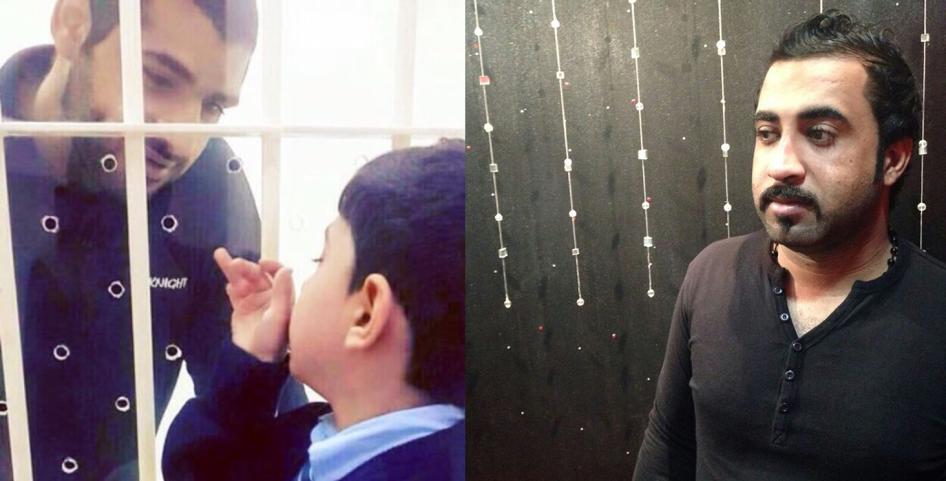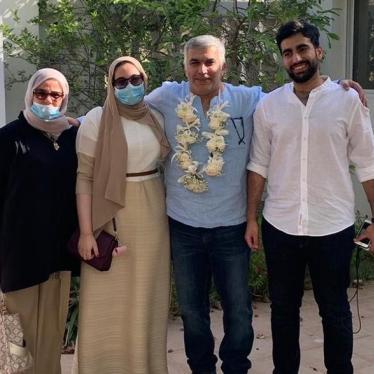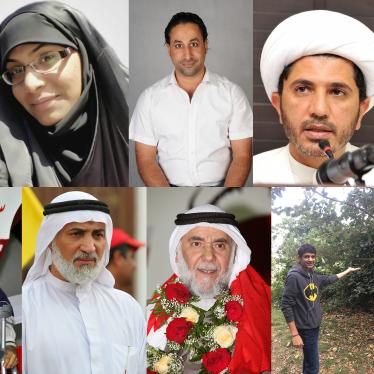“I am Mohamed Ramadan. I have been sentenced to death.… I want my voice to be heard by those who believe in the principles of justice and equality.… I am innocent of the crime of which I was accused, subjected to a sham trial and sentenced to death. My death will be unlawful, and yet, it has been [ordained] by law.” Ramadan asked that this statement, a message he left on his wife’s cell phone, be shared.
Ramadan is slated to appear before Bahrain’s Court of Cassation – the country’s court of last resort – on Monday, July 13, one final opportunity to appeal his unjust death sentence. This is not the first time the Court of Cassation will hear the case of Mohamed Ramadan and Hussein Moosa. A criminal court sentenced both men to death in 2014 for murdering a policeman and other terrorism charges, despite both men stating that officers tortured and sexually assaulted them into confessing. Ramadan refused to sign a confession. Moosa said he told interrogators what they wanted to hear, implicating Ramadan, because he was in agony from his interrogators repeatedly kicking him in the groin.
The Court of Cassation confirmed the death sentences in November 2015. But then the public prosecutor’s Special Investigations Unit, pressured into investigating the torture allegations, “found” a previously unknown medical report by an Interior Ministry doctor documenting injuries on Moosa’s wrists. These injuries “raise the suspicion that he was subjected to assault and mistreatment,” the report said, adding that there is a “suspicion of the crime of torture … which was carried out with the intent of forcing them to confess to committing the crime they were charged with.”
After the Court of Cassation, considering this new evidence, overturned the death sentences in October 2018, an appeals court in January 2020 reinstated the convictions and death sentences. The court effectively rewrote the government’s own evidence to discount Moosa’s torture, in violation of the men’s basic rights.
Human Rights Watch opposes the death penalty in all circumstances because of its inherent cruelty and finality.
Bahrain’s allies, including the United States and United Kingdom, should press Bahrain to allow United Nations experts to independently investigate Moosa and Ramadan’s torture claims. Bahrain should free the two men or retry them in a judicial proceeding that meets fair trial standards.










